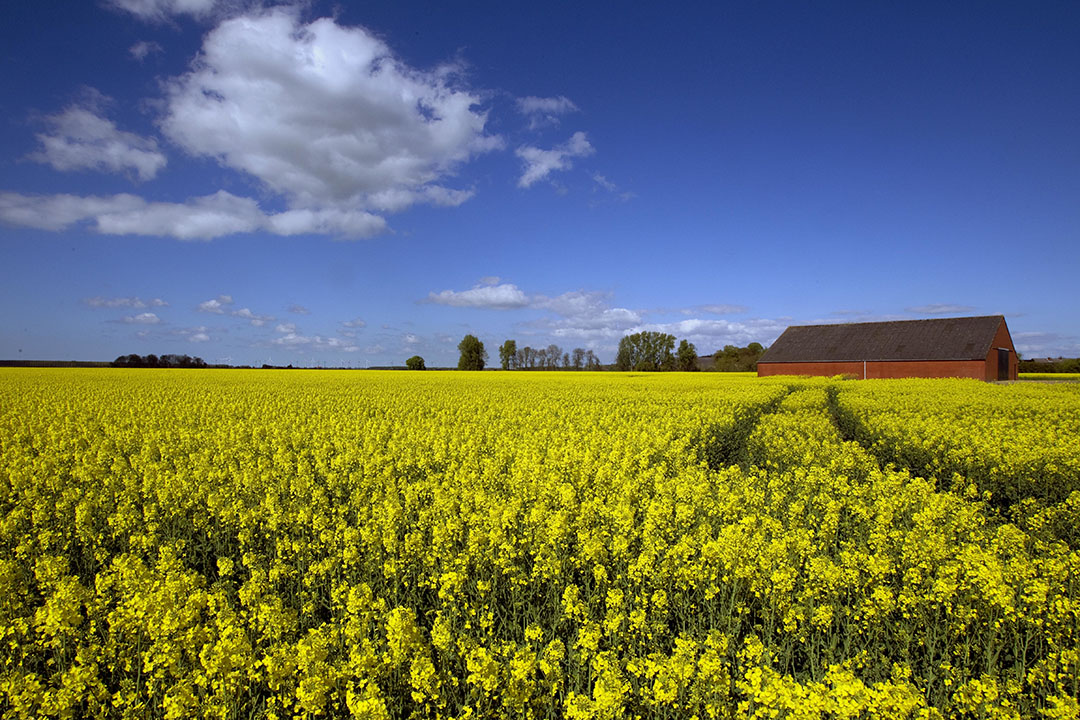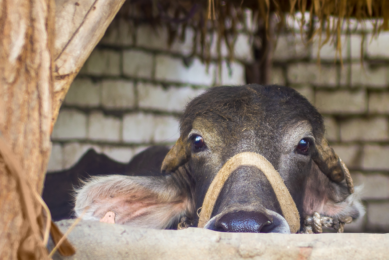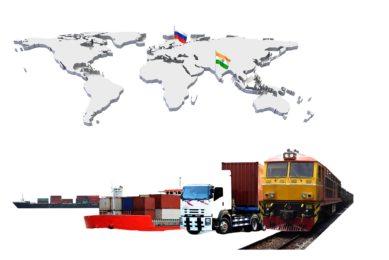No end for Canada-China trade dispute over canola

In March this year, China suddenly blocked shipments of canola products from 2 of Canada’s biggest exporters.
As stated in the Rabobank report: Curtailing Canadian canola consignments, Canada exports about 90% of its canola as seed, oil and meal. These exports combined are worth 2.7 billion Canadian dollars in 2018 (little less than € 1.8 billion). Because China was home between 27% and 41% of total Canadian canola seed, oil and meal exports from 2012 to 2018, this trade action is particularly disruptive.
Lower canola price forecasted
Canada started to focus on canola production around a decade ago, when there was an increased demand for canola products from China and the US. The relatively weak Canadian dollar also encouraged exports. Strong canola prices – not wheat – have been driving robust farm profitability in recent years. However, Rabobank forecasts lower canola prices, due to softening of global demand and improving yields. With an expected loss of 25% of Canadian canola exports, Rabobank expects that canola margins briefly become negative, but rebound to positive ranges in the long term.
Trade restriction scenario
It remains to be seen when China will import Canadian canola again. To overcome this, Canadian canola farmers can pivot to a greater proportion of wheat planting, which should shift canola acres out of production and stabilise canola margins at a structurally lower level. This process may take longer than 2 years. One way or the other, Rabobank writes in its report that the impact of the trade restriction scenario suggests farmers will feel pain, but not face fatal margin conditions. The US will take a portion of the displaced canola, as will other countries, with canola needing to gain price-competitiveness compared to other edible oils. Potentially, lower-priced canola oil will replace other vegetable oil like soybean oil in the US. Curt Vossen, president of Canada’s largest agribusiness, Winnipeg-based Richardson International told the National Post that farmers are cutting back on planting canola, as prices fall because of the Chinese blockade, and the prospect of a prolonged dispute raised the possibility it might be harder to sell the product come fall.
The Canadian Agriculture Minister Marie-Claude Bibeau briefly met at May 13 with her Chinese counterpart, where she expressed Canada’s concern with the suspension of canola exports to China over claims it is contaminated. Both were attending the G20 Agriculture Ministers’ Meeting in Japan.











